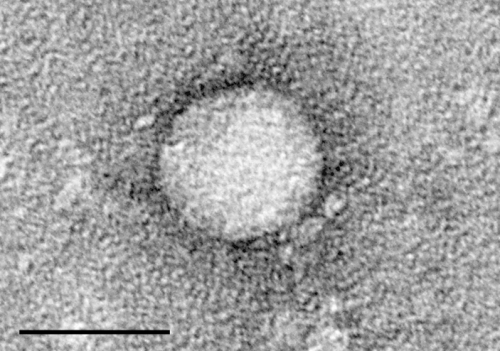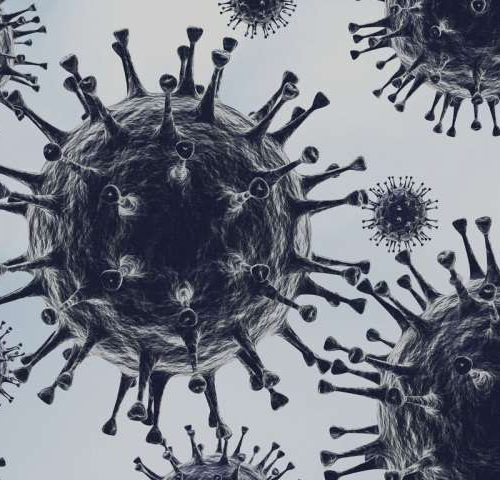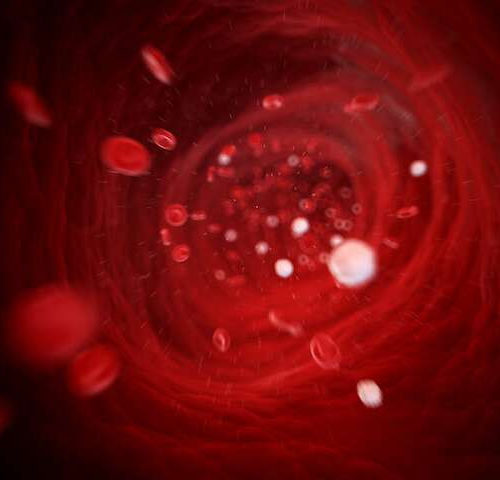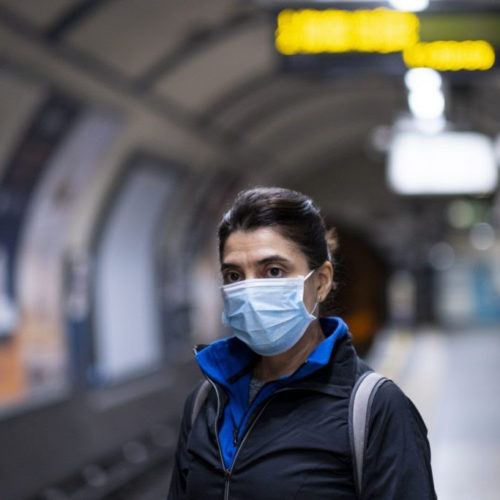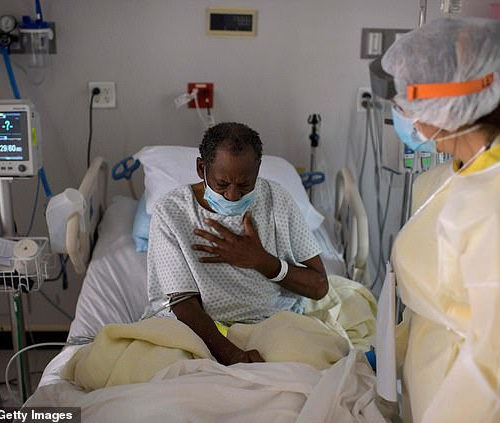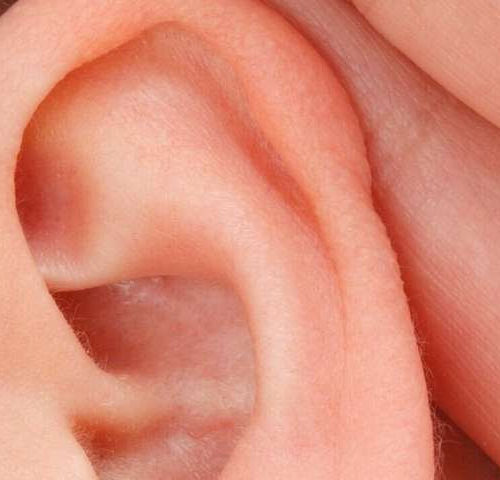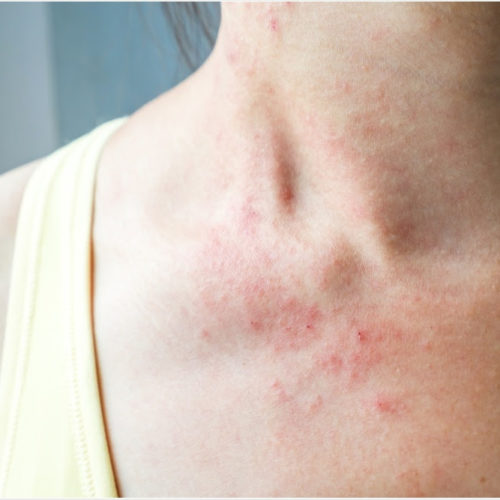by Mary L. Martialay, Rensselaer Polytechnic Institute In a test of antiviral effectiveness against the virus that causes COVID-19, an extract from edible seaweeds substantially outperformed remdesivir, the current standard antiviral used to combat the disease. Heparin, a common blood thinner, and a heparin variant stripped of its anticoagulant properties, performed on par with remdesivir...
Tag: <span>infections</span>
Neutralizing antibodies isolated from COVID-19 patients can quash SARS-CoV-2
Reviewed by Emily Henderson, B.Sc. Antibodies are formed to fight off an infection by neutralizing disease-causing microorganisms. Scientists across the globe are racing to study how antibodies can help suppress the severe acute respiratory syndrome coronavirus 2 (SARS-CoV-2), the virus that causes the coronavirus disease (COVID-19). A team of researchers at Columbia University Irving Medical...
Driving immunometabolism to control lung infection
TRINITY COLLEGE DUBLIN When drugs to kill microbes are ineffective, host-directed therapy uses the body’s own immune system to deal with the infection. This approach is being tested in patients with COVID-19, and now a team of researchers at Trinity College Dublin has published a study showing how it might also work in the fight...
New method developed for non-invasive risk assessment following hepatitis C recovery
by Johannes Angerer, Medical University of Vienna The chronic viral inflammation of the liver that occurs in hepatitis C results in the formation of inflexible scar tissue in the form of fibrosis/cirrhosis of the liver. This impedes the flow of blood through the organ, with resulting hypertension in the portal vein. In the majority of...
Driving immunometabolism to control lung infection
by Ciara O’shea, Trinity College Dublin When drugs to kill microbes are ineffective, host-directed therapy uses the body’s own immune system to deal with the infection. This approach is being tested in patients with COVID-19, and now a team of researchers at Trinity College Dublin has published a study showing how it might also work...
Researchers track down metabolic enzyme that protects against inflammation
by La Jolla Institute for Immunology Scrape your knee, and you’ll see some red puffiness appear around the injury. This is inflammation, and it is driven by the immune system. Inflammation around a scrape is minor, but inflammation around joints—due to diseases like rheumatoid arthritis—can be incredibly painful. And inflammation in and around the blood...
Latinx people more vulnerable to COVID-19, US study finds
An analysis of COVID-19 testing in the Baltimore-Washington metropolitan area of the United States found that Latinx people were around three times as likely to test positive, compared with any other ethnic or racial group. All data and statistics are based on publicly available data at the time of publication. Some information may be out...
Taking cholesterol-lowering drug could reduce severity of coronavirus to the level of the common cold, study claims
By HARRIET ALEXANDER FOR DAILYMAIL.COM Cholesterol-lowering drug Fenofibrate (Tricor) is providing a glimmer of hope Scientists in New York and Jerusalem believe the drug could help treat COVID The drug could reduce symptoms so that COVID-19 is no worse than a common cold, the study found Two scientists researching a potential treatment for coronavirus believe...
Bone disease medications may reverse hearing loss
by Ryan Jaslow, Harvard Medical School Preliminary findings from Harvard Medical School researchers at Massachusetts Eye and Ear may pave the way for trials to test bone density medications for hearing loss. Hearing loss caused by damaged nerves, whether from sound exposure or aging, is irreversible. There are currently no medications approved by the Food...
Skin rash may be a symptom of COVID-19
By Sally Robertson, B.Sc. Researchers at King’s College London and Zoe Global Ltd have conducted a study suggesting that skin rashes could be valuable predictors of coronavirus disease 2019 (COVID-19). In a large community-based study, 8.8% of people who had tested positive for severe acute respiratory syndrome coronavirus 2 (SARS-CoV-2) also reported having a skin...


